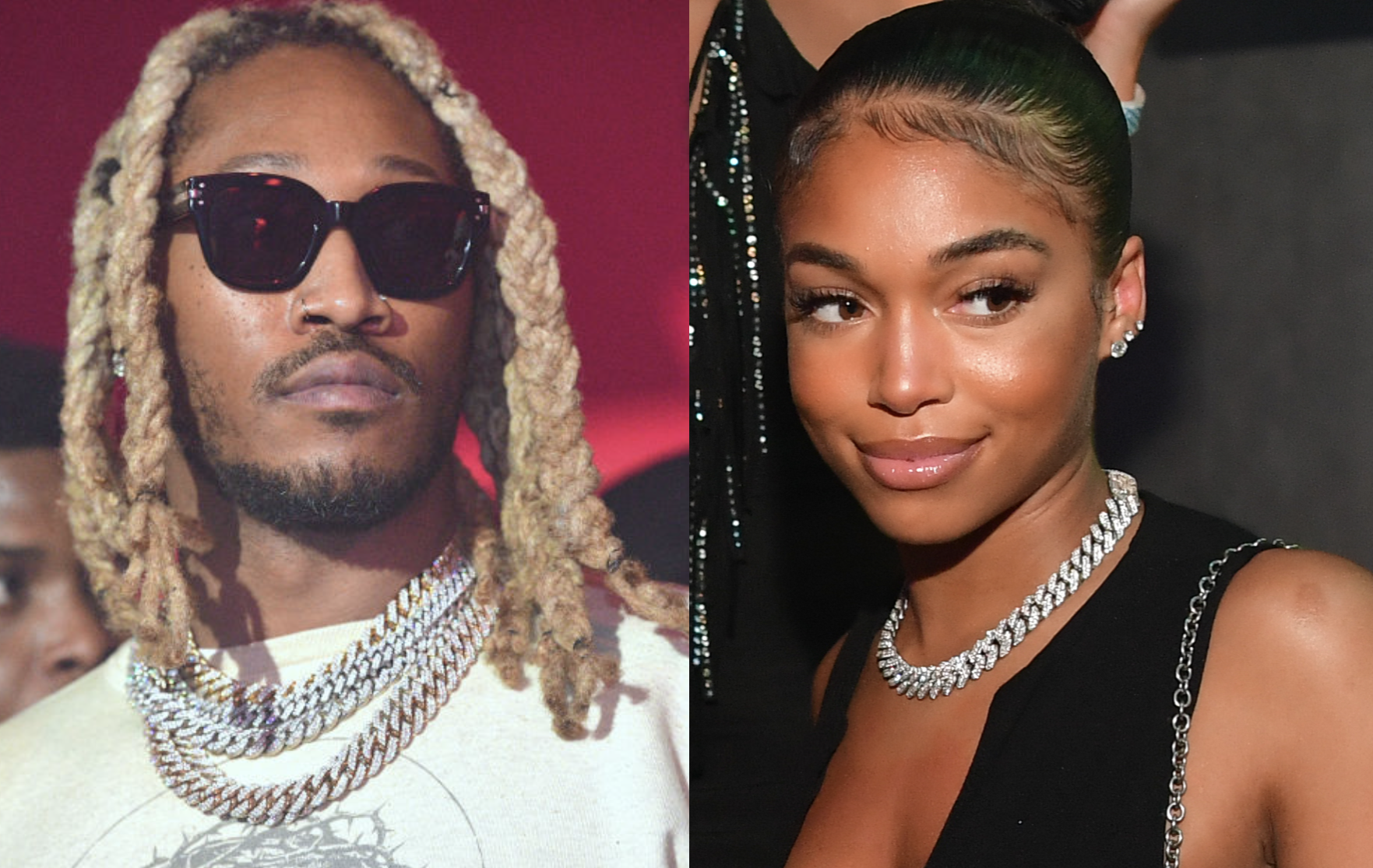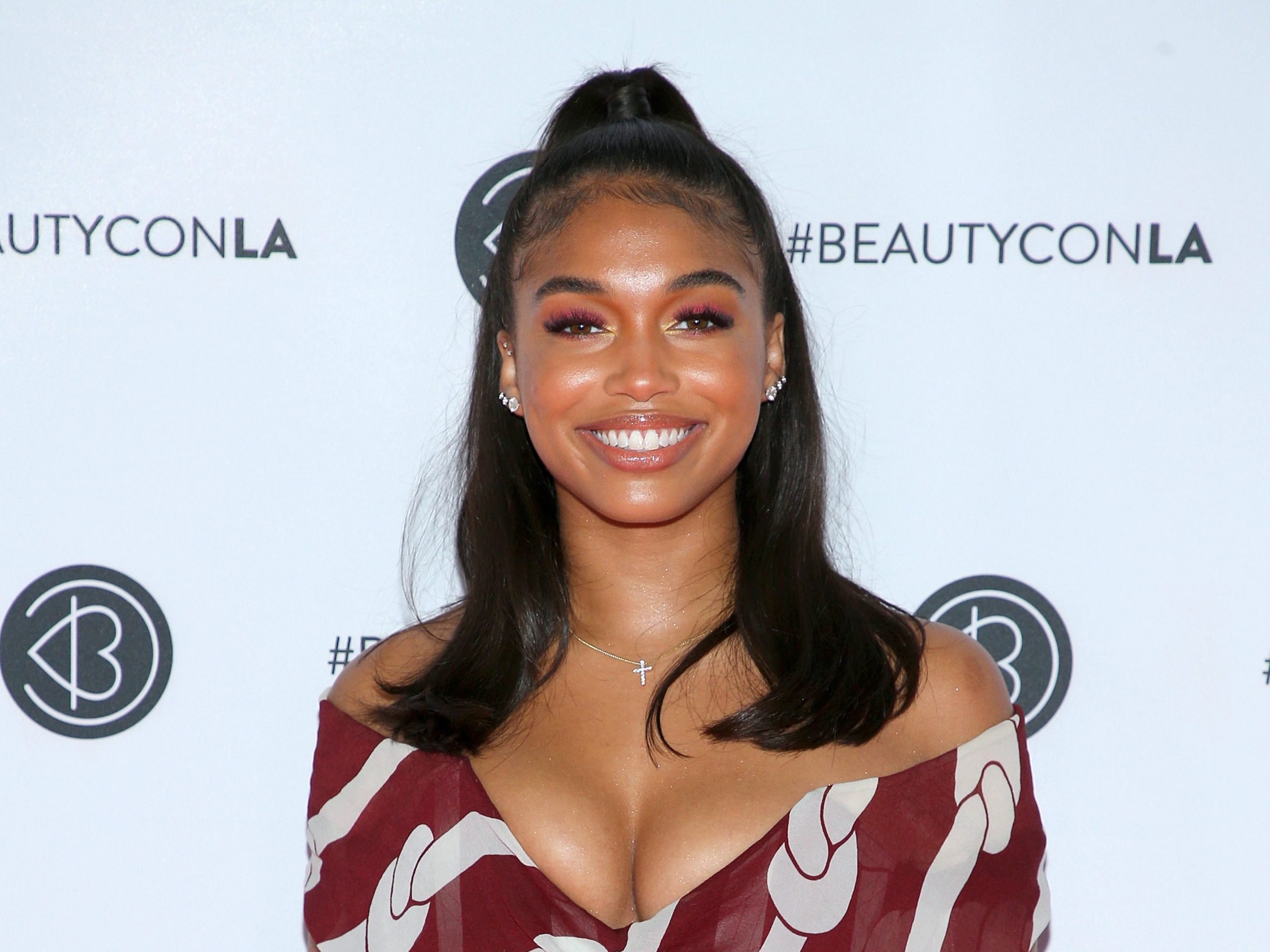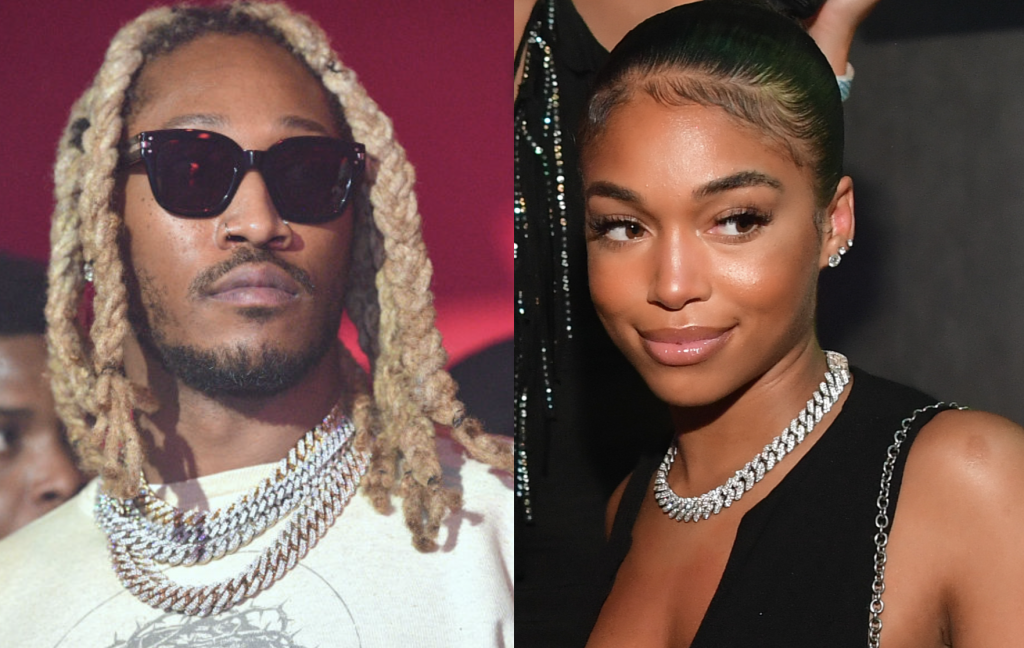
Photos by Prince Williams/Wireimage
- Lori Harvey began trending on Twitter Thursday after 42 Dugg's new song "Maybach" was released.
- In the song, Harvey's ex Future snuck a diss at the model.
- Future's verse exposes a bitter, heartbroken man who'd rather hurt his ex than heal.
- Visit Insider's homepage for more stories.
Future took a break from trolling his happily married ex, R&B singer Ciara, to take a dig at another one of his exes Lori Harvey.
"Magic City, I'm the owner," he raps on 42 Dugg's new song "Maybach" before insulting her by mentioning her comedian stepfather. "Tell Steve Harvey, I don't want her."
The verse set a divided Twitter timeline ablaze with some suggesting Future was simply responding to the elder Harvey revealing on "Jimmy Kimmel Live!" that he never "approved" of his stepdaughter's "previous suitors" before she started dating actor Michael B. Jordan.
Others were quick to jump to Lori's defense, pointing out that the model is probably sunbathing with Jordan right now and doesn't need anyone to jump to her defense. She always seems as unbothered as she is unbound by convention.
Besides, that verse had far less to do with her than what she represents – women doing with their bodies what they please.

Phillip Faraone/Getty Images
Lori Harvey arouses fascination and angst because she does what she pleases
Lori is equal parts hip-hop fantasy and nightmare. She's a cultural subversion of the trophy - bad enough to grace the arm of a baller yet bad enough to leave him for someone better.
She's been rhapsodized by the likes of Meek Mill, and crudely slut-shamed for her "body count" by Boosie. Her well-publicized romantic history, a carousel of high-profile men, sometimes overlapping, arouses strong feelings of fascination and angst because while we worship at the altar of beauty, we still vilify female sexual sovereignty. Lori has ample amounts of both.
To take a page from her stepfather's book, "Act Like a Lady, Think Like A Man," Lori acts like a lady, yes, but she absolutely dates like a man. Herein lies the problem.
We live in a culture that still associates male love with domination and sex with conquest. It's not enough to make love, one must plant a flag. To make matters worse, our ideas about Black female sexuality are rooted in slavery and the systemic sexual exploitation of Black women. This history informs the persistent idea that Black women's bodies are commodities to be used, exploited, bartered, bought, discarded - everything but loved.
Lori represents a generational shift in how we approach Black female sexuality that has power, choice and lacks shame
Nowhere else is this misogynoir and sexual machismo more deeply felt than in hip-hop. Artists like Future, also known as the "Toxic King," earn their keep, in part, by reinforcing a sexual status quo where women's bodies lack the very sexual agency that Lori seems to command. That makes her the ultimate threat.
Sure, on one hand, Future's verse exposes a bitter, heartbroken man who'd rather hurt his ex than heal, but more significantly, he's maintaining the facade of virile masculine bravado by lyrically rewriting a history in which he declares himself sexual victor.
Let Future tell it, he was the one who served the walking papers. Lori, just like Ciara, didn't upgrade from him. She was discarded.
Weak bars and shallow attempts of unapologetic digs aside, we live in a time when women like Lori are more likely to be seen as icons than fallen women.
It's tempting to attribute her growing legion of admirers to her lifestyle and looks, but she's come to represent a generational shift in the ways we approach Black female sexuality - with power, choice and without shame. She represents a woman is who totally in control of her pleasure.
Lori, and women like her, might simply trigger male paranoia surrounding female autonomy. Historically, women who refuse to let sexual mores prevent them from getting what they want have always caused a stir. In a culture so deeply vested in the idea that femininity must exist in service to men, their actions feel scandalous.
But let's normalize a woman doing with her body exactly what she wants. Let's normalize Black women finding their happily ever after - whether that looks like Ciara's domestic bliss or Lori's perpetual hot girl summer.
